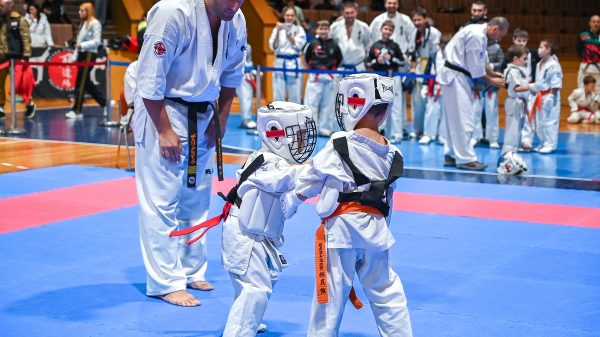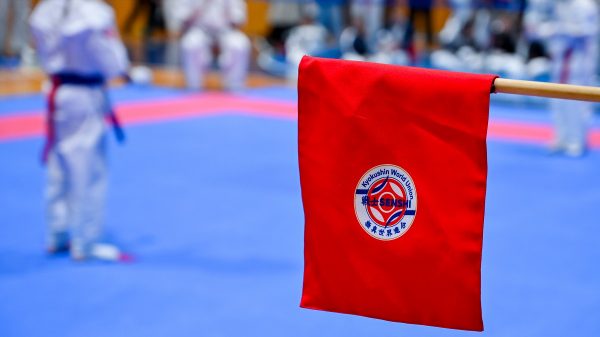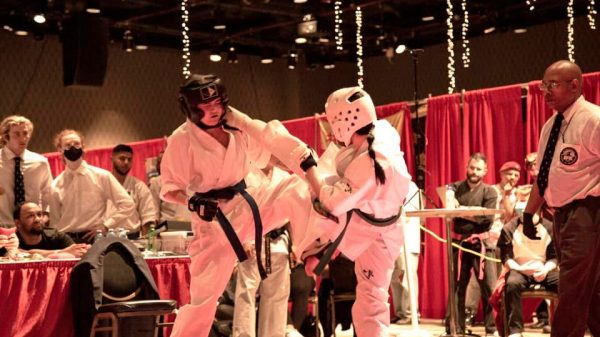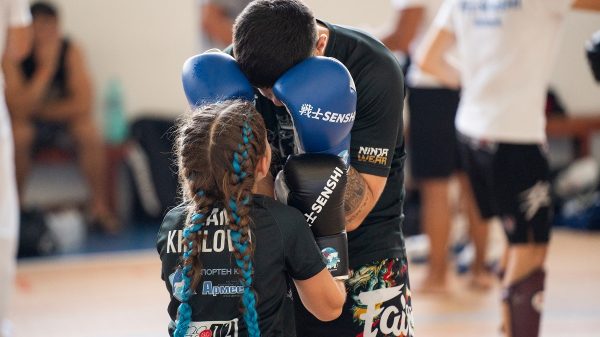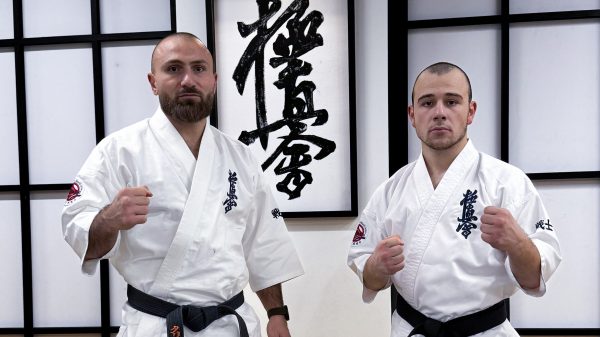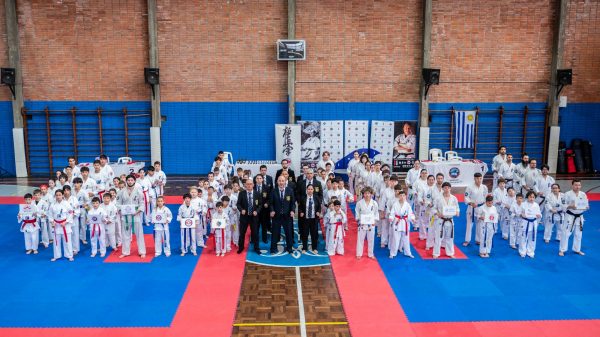Martial arts offer a wide range of physical, mental, and emotional benefits. Here are some of the key advantages:
Physical Fitness: Engaging in martial arts provides a full-body workout that improves cardiovascular health, muscle strength, flexibility, balance, and coordination. The rigorous training helps develop strong muscles and increases overall physical endurance.
Self-Defense Skills: Many martial arts focus on teaching practical self-defense techniques, which can help individuals feel more confident and capable of protecting themselves in real-world situations.
Discipline and Self-Control: Martial arts emphasize discipline, respect, and self-control. Practitioners learn to follow instructions, maintain a structured training routine, and control their emotions, which can translate into better behavior and decision-making in daily life.
Confidence and Self-Esteem: As individuals progress in their martial arts training and master new skills, they often experience a boost in confidence and self-esteem. Overcoming challenges and seeing personal growth can positively impact one’s self-image.
Stress Relief: Physical activity is known to reduce stress, and martial arts provide an outlet for releasing pent-up energy and tension. The mental focus required during training also helps individuals temporarily detach from daily stressors.
Focus and Concentration: Martial arts demand high levels of concentration and mental focus. Practitioners learn to concentrate on their movements, techniques, and opponents, which can translate to improved concentration in other areas of life as well.
Improved Reflexes and Reaction Time: Martial arts training involves drills and exercises that enhance reflexes and reaction time. These skills can be valuable in various situations, including sports, work, and daily activities.
Camaraderie and Social Interaction: Many martial arts classes are conducted in group settings, fostering a sense of community and social interaction. This can lead to the formation of strong friendships and a supportive network.
Cultural Awareness: Martial arts often have deep historical and cultural roots. Learning about the traditions and philosophies associated with a particular martial art can expand one’s cultural awareness and appreciation.
Goal Setting and Achievement: Advancing through the ranks and belt levels in martial arts involves setting and achieving goals. This process teaches practitioners about goal setting, persistence, and the rewards of hard work.
Improved Posture and Body Awareness: Martial arts training encourages proper body alignment and posture. This can lead to better posture in daily life, reducing the risk of musculoskeletal issues.
Increased Cardiovascular Health: Many martial arts training routines involve intense cardiovascular exercise, which can improve heart health, lower blood pressure, and reduce the risk of cardiovascular diseases.
Lifestyle and Philosophy: Some martial arts, like Tai Chi and Aikido, emphasize mindfulness, spirituality, and harmony with nature. Practicing these arts can contribute to a more holistic and balanced lifestyle.
Remember that the benefits of martial arts can vary based on the specific style practiced, the quality of instruction, and the individual’s dedication to training. It’s important to choose a martial art that aligns with your goals and interests and to train under experienced instructors.


